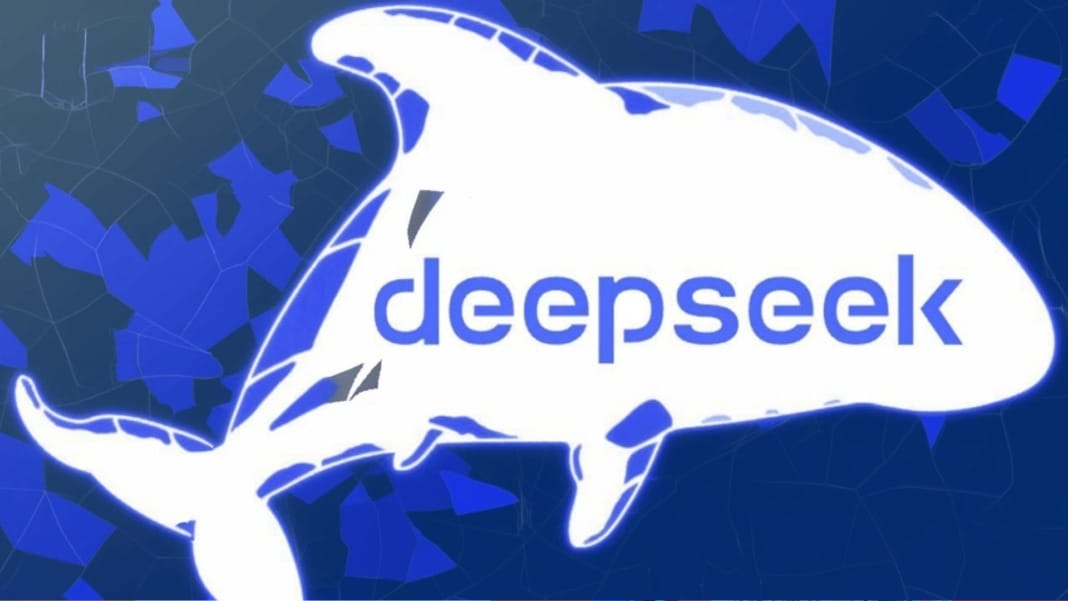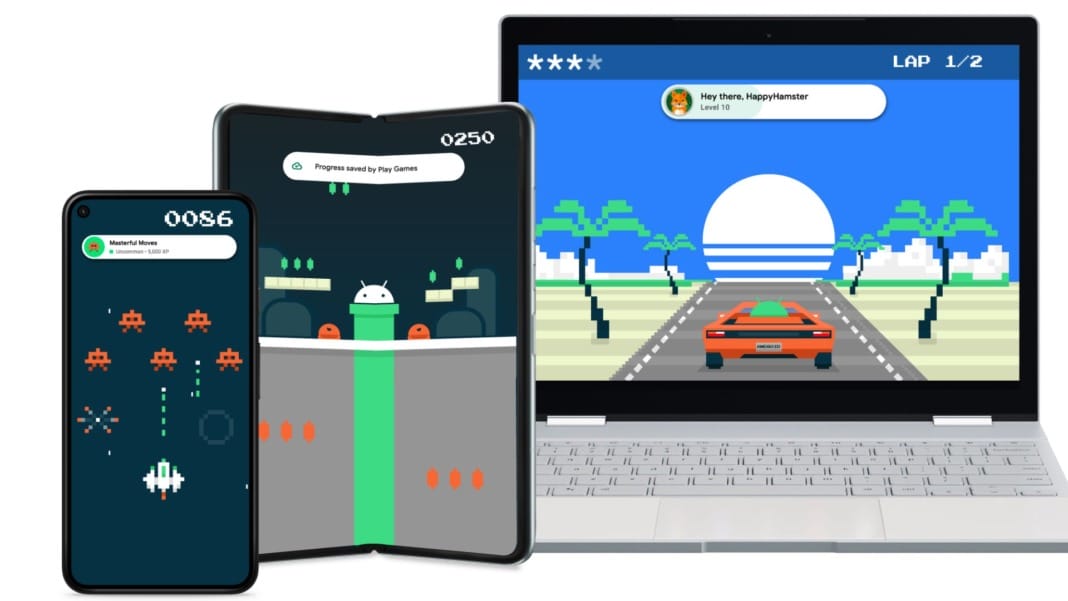With an update to its Gemini chatbot, Google is taking a new step in AI personalisation, allowing it to tailor responses based on your online activity. Announced on May 9, this “experimental capability” aims to make Gemini feel more intuitive by tapping into your search habits and preferences across Google’s ecosystem.
Gemini with personalisation is designed to provide responses shaped by your Google usage, including search history and interactions with Google services. According to Dave Citron, Gemini’s product director, this update makes Gemini “less like a tool and more like a natural extension of you, anticipating your needs with truly personalised assistance.”
Citron noted in a blog post shared that early testers have found it particularly helpful for generating ideas and receiving tailored recommendations. Initially, the feature will integrate with Google Search before expanding to other services like Google Photos and YouTube in the coming months.
How personalisation works in Gemini
Google’s experimental AI model powers this new feature, Gemini 2.0 Flash Thinking Experimental. It determines whether using personal data—such as your search history—will enhance its responses. For example, if you ask, “Where should I go on holiday this summer?” or “What new hobby should I try?” Gemini will tailor suggestions based on your previous searches and interests.
“If you ask for restaurant recommendations, Gemini can reference your recent food-related searches,” Citron explained. “If you request travel advice, it can suggest destinations you’ve previously looked up.”
However, the increased personalisation raises potential privacy concerns. Google is addressing this by making the feature opt-in only. Users under 18 will be excluded, and Gemini will request permission before accessing personal data. A banner will appear when personalisation is active, clearly showing the data sources used. Users can also disconnect their search history at any time.
“Gemini will only access your search history when you’ve given permission and have Web & App Activity turned on,” Citron reassured.
The feature is rolling out to Gemini users on the web starting May 9, except for Google Workspace and Google for Education customers. Mobile access will follow gradually. The personalisation option will be available in over 40 languages and most countries, excluding the European Economic Area, Switzerland, and the UK.
Citron hinted that the feature may not remain free forever, stating, “Future usage limits may apply. We’ll continue to gather feedback on the most useful applications of this capability.”
New features for Gemini Advanced users
Alongside personalisation, Google is introducing upgrades to Gemini Advanced, its premium subscription service costing US$20 per month. Advanced users can now access a standalone version of Gemini 2.0 Flash Thinking Experimental, which includes new app integrations and enhanced processing power.
This version supports file attachments and works with Google Calendar, Notes, and Tasks, offering a more seamless experience. It also boasts a one-million-token context window—equivalent to about 750,000 words—allowing it to handle longer and more complex prompts.
Google says this latest model is faster and more efficient than its predecessor, enabling users to perform multi-app tasks like “Find me an easy cookie recipe on YouTube, add the ingredients to my shopping list, and locate grocery stores that are still open near me.”
With competitors like OpenAI introducing new AI-powered research tools, Google is enhancing Deep Research—its Gemini feature designed for detailed information gathering. These improvements suggest Google is committed to staying ahead in the AI chatbot race, offering users more personalised and practical assistance.





